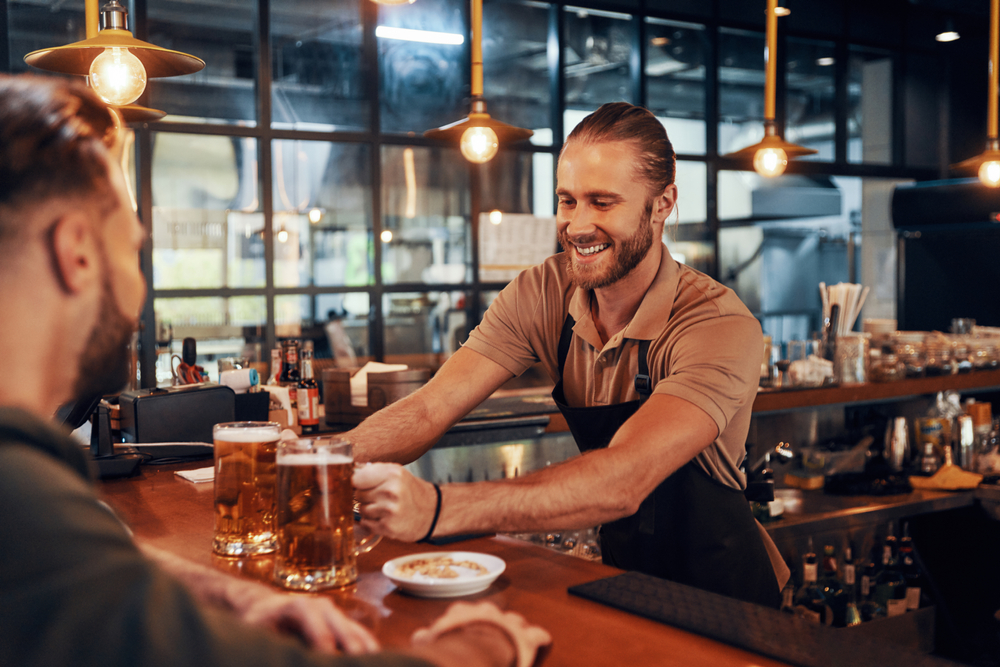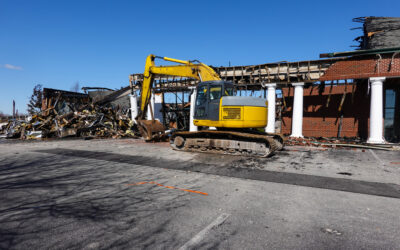Any establishment that sells, serves, or assists in the purchase or use of liquor (i.e. dram shop) opens its doors for a liability claim as a consequence of someone getting drunk to the extent that injuries or property damages are the result. This includes restaurants, bars, nightclubs, and taverns. While it’s logical that the inebriated person should be the one to pay, in reality the business that served the alcohol could be liable for injuries, damages, or both that occurred as a result of actions, behaviors, or conduct of a patron who drank too much.
Take into Account the Following Scenarios
Liability claims made to a restaurant or bar as a result of damages or injuries caused by an intoxicated person can be quite costly. A common example of an alcohol-related claim occurs when an intoxicated patron leaves a bar, gets into his car, drives, and commits a vehicular manslaughter act. In this case, the victim’s family could now sue the bar for both civil and criminal damages. As another example, suppose at a catered event, a restaurant serves alcohol and two guests are subsequently involved in a fight, whereby serious injuries are incurred. These are just two of the many scenarios that can occur when a business that sells or serves alcohol may be held liable for the actions of the inebriated persons served.
Accordingly, it’s vital that if your establishment serves alcohol, you protect yourself from potential financial losses by being covered with a liquor liability policy. In the above examples, liquor liability insurance could help cover the bar’s legal costs, court fees, and any civil or criminal damages awarded.
Liquor Liability Insurance Policies
The terms surrounding of a liquor liability policy vary, but some commonalities ensue:
- Most states in the US require establishments that sell alcohol to carry liquor liability insurance.
- Most liquor liability insurance policies exclude the selling of alcohol illegally, such as selling liquor to a minor.
- Most liquor liability policies are sold as a stand alone policy or packaged with a general liability policy.
What Liquor Liability Insurance Covers
As might be expected, a good deal of alcohol-related liability claims filed against bars, taverns, and restaurants are a result of liquor-induced fights or altercations. In fact, the mere act of an employee escorting an unruly patron to the exit is frequently all that is necessary to trigger an assault and battery allegation. Therefore, assault and battery coverage should be included in your liquor liability policy. Lastly, litigation costs, including the fees to retain an attorney and court costs are covered under a liquor liability policy.
Take Appropriate Preventative Measures
Aside from investing in liquor liability insurance, establishments should be proactive in limiting their liquor-induced claims. From training employees to refuse serving alcohol to clearly intoxicated persons to requiring strict measuring of mixed drinks to encouraging designating drivers or taxi use, you can reduce your chances of having to deal with a liquor liability claim by implementing and enforcing safe alcohol serving practices.




